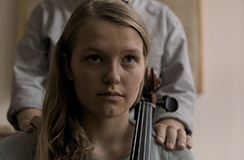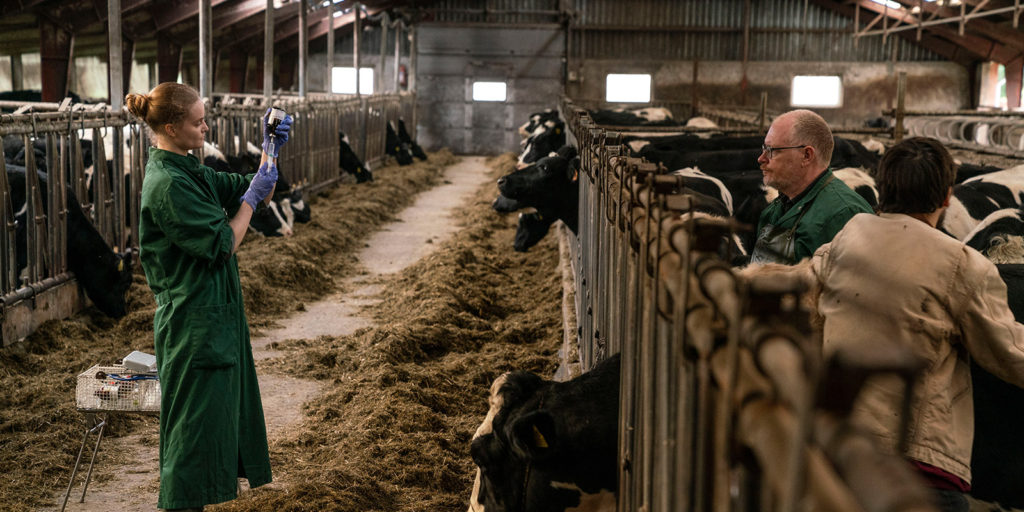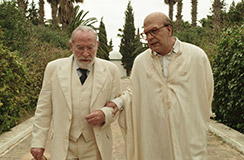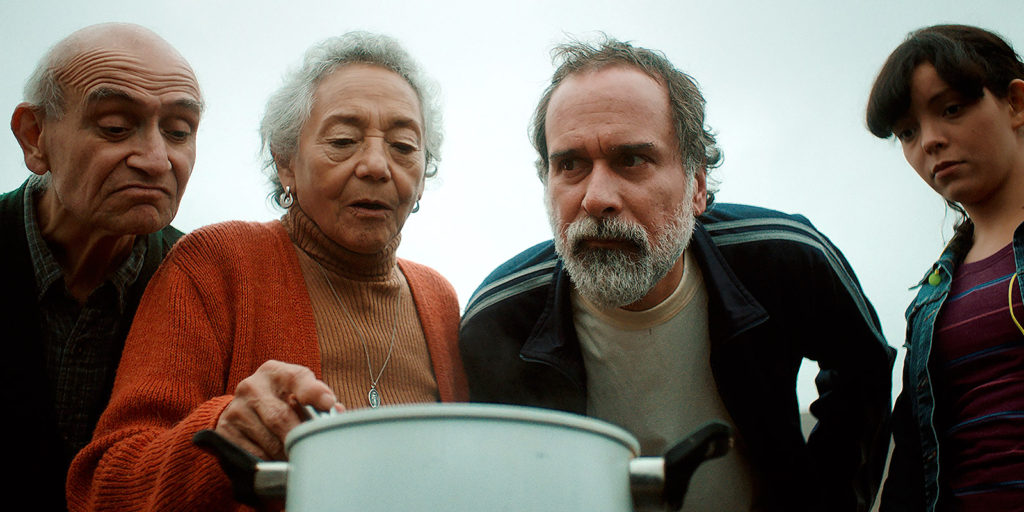Vancouver Foreign Film Society
My favorite section at VIFF each year has always been Contemporary World Cinema
Often a small independent film in this section becomes one of the gems of the festival. Preparation for deciding what to see requires much research: reading up on the films, their reviews on various sites, then the difficulty of scheduling conflicts and finally pacing oneself for 5 films a day. This year under Covid with just over 100 films to watch has made it much easier with 3 of the difficult elements removed:
- line-ups and locations
- scheduling and conflicts
- and pacing
We have had the opportunity to review a number of these films available to media and I would like to do short reviews on some of these

On the Quiet
A coming-of-age story set in the contemporary Hungarian countryside, where teenager soloist Dávid decides to stand up for Nóri, age 13, a cellist in their youth orchestra. Nori confides in David that she is uncomfortable in her relationship with their 60 year old conductor. David tries to discover the truth about the relationship, but as is often the case in a small town, families and neighbors are close, and confrontation can be difficult.
Well acted and accompanied by a few wonderful orchestral pieces the tension grows as David struggles with answers and adult attitudes and avoidance of the issues.

Uncle
This quiet understated film kept me engaged throughout. The scenes on the farm are the focal point of the film and script.
Since her father died, Kris then a teenager has been living with her disabled uncle on a large farm in rural Denmark. She leads a quiet life managing most of the tasks, and at the same time caring for her uncle’s needs. They discuss little and at times she is almost over-protective. Life just continues. One day she ably assists the towns veterinarian, Johannes, with the difficult birth of a calf on the farm. This is the turning point in the film and her life and relationship with her uncle seems to change. No spoilers -so we will end the review here.

Hammamet
Hammamet is a 2020 Italian biographical drama co-written and directed by Gianni Amelio, based on the last years of life of Bettino Craxi (1934–2000), an Italian statesman and politician who was the Secretary of the Italian Socialist Party and served as Prime Minister during the 1980s.
———–
I watched this film without knowing anything about Bettino Craxi and his political life in Italy 1934-2000. Despite my lack of knowledge this well shot film, and the incredible portrayal of Bettino by actor Pierfrancesco Favino was quite enjoyable to watch:- even though the film tried to show a more humane side of Craxi and the corruption in the Socialist Party at that time. The film has been popular with Italian audiences since its release early this year

The Restoration (La Restauración)
Many Latin American Cities have seen rapid growth in their capitals and Lima is no exception. This film explores the real estate explosion that has fuelled the growth taking place in many major cities world wide,
____________
This feature debut from Peruvian director Alonso Llosa uses the get rich quick, social climbing of Lima’s citizens with foreign and local investment in real estate, to create a wacky, hilarious, and enjoyable dark comedy that will relax viewers during these difficult times of the pandemic.
___________
At the same time it is also a statement by Alonso on the effect this growth has had on Lima with all its skyscrapers that dominate this ancient city founded in 1535
